Douglas is a foreign entrepreneur, who ventures to Russia in 1885 with dreams of selling a new, experimental steam-driven timber harvester in the wilds of Siberia. Jane is his assistant. […]
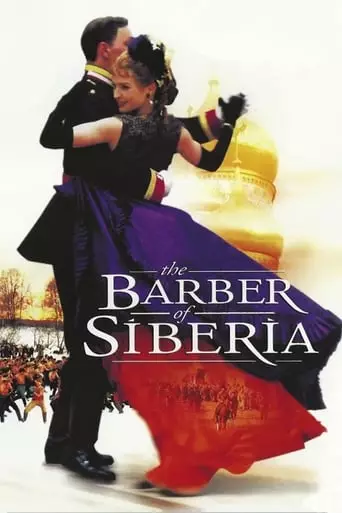
Douglas is a foreign entrepreneur, who ventures to Russia in 1885 with dreams of selling a new, experimental steam-driven timber harvester in the wilds of Siberia. Jane is his assistant. […]
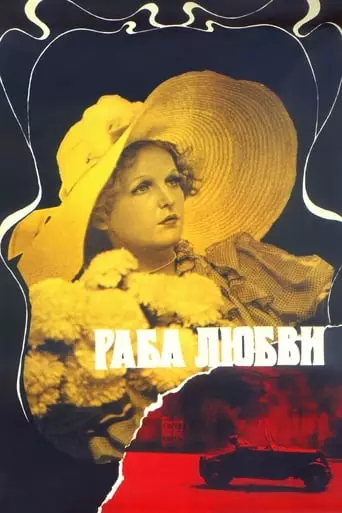
Olga Voznesenskaya is a silent screen star whose pictures are so popular that underground revolutionaries risk capture to see them. She’s in southern Russia filming a tear-jerker as the Bolsheviks […]
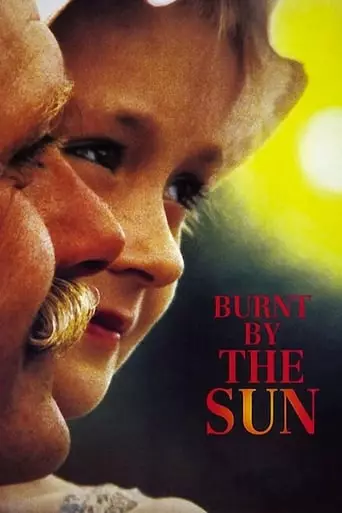
Russia, 1936: revolutionary hero Colonel Kotov is spending an idyllic summer in his dacha with his young wife and six-year-old daughter Nadia and other assorted family and friends. Things change […]
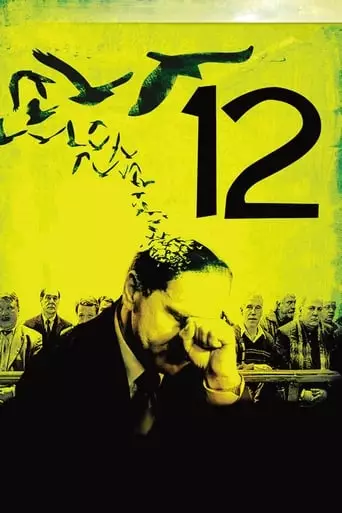
A loose remake of “12 Angry Men”, “12” is set in contemporary Moscow where 12 very different men must unanimously decide the fate of a young Chechen accused of murdering […]
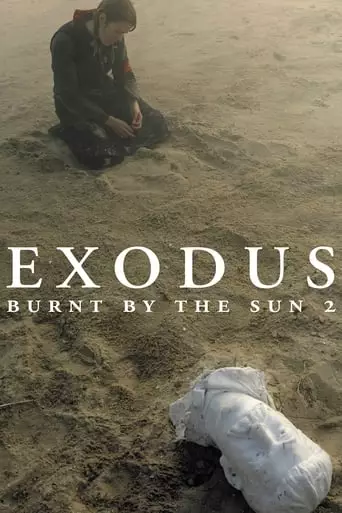
Epic film about WWII, a sequel to Utomlyonnye solntsem (1994). Evil Stalin is terrorizing people of Russia while the Nazis are advancing. Russian officer Kotov, who miraculously survived the death […]
Nikita Mikhalkov: The Master of Russian Cinema
Nikita Mikhalkov is one of Russia’s most celebrated filmmakers, known for his ability to weave complex narratives that explore history, identity, and the human condition. With a career spanning over five decades, Mikhalkov has directed critically acclaimed films such as Burnt by the Sun (1994), which won the Academy Award for Best Foreign Language Film, and The Barber of Siberia (1998). His work is characterized by its grandeur, emotional depth, and a deep connection to Russian culture and history.
Early Life and Background
Nikita Sergeyevich Mikhalkov was born on October 21, 1945, in Moscow, Soviet Union, into a prominent artistic family. His father, Sergei Mikhalkov, was a renowned poet and author of the Soviet and Russian national anthems, while his mother, Natalya Konchalovskaya, came from a distinguished literary lineage. Mikhalkov’s brother, Andrei Konchalovsky, is also a highly regarded filmmaker.
Growing up in a household steeped in art and literature, Mikhalkov developed an early passion for storytelling. He studied acting at the Moscow Art Theatre School and later enrolled at the Gerasimov Institute of Cinematography (VGIK), where he began to cultivate his directorial voice.
Early Career: A Rising Star
Mikhalkov’s directorial debut came with A Quiet Day at the End of the War (1970), a short film that showcased his talent for nuanced storytelling. His first feature film, At Home Among Strangers (1974), is a gripping blend of Western and Soviet-style cinema, set during the Russian Civil War. The film’s innovative approach to genre and its exploration of camaraderie and betrayal earned Mikhalkov critical acclaim and marked him as a rising star in Soviet cinema.
Slave of Love and An Unfinished Piece for Mechanical Piano
In the mid-1970s, Mikhalkov directed Slave of Love (1976), a poignant romantic drama set during the Russian Revolution. The film follows a silent film actress caught between her passion for art and the political turmoil around her. Its lush cinematography and emotional resonance made it a critical and commercial success.
Mikhalkov further cemented his reputation with An Unfinished Piece for Mechanical Piano (1977), an adaptation of Anton Chekhov’s works. The film’s subtle exploration of human desires and societal constraints showcased Mikhalkov’s mastery of literary adaptation and his ability to evoke deep emotional responses.
International Acclaim: Burnt by the Sun
Mikhalkov achieved global recognition with Burnt by the Sun (1994), a historical drama set during Stalin’s Great Purge. The film tells the story of Colonel Kotov, a loyal Soviet officer whose idyllic family life is shattered by political betrayal. Featuring Mikhalkov himself in the lead role, the film’s blend of personal tragedy and historical commentary struck a chord with audiences worldwide.
Burnt by the Sun won numerous awards, including the Grand Prix at the Cannes Film Festival and the Academy Award for Best Foreign Language Film. Its success solidified Mikhalkov’s status as one of the leading figures in world cinema.
The Barber of Siberia and Later Works
In 1998, Mikhalkov directed The Barber of Siberia, an ambitious epic that explores themes of love, loyalty, and cultural conflict. The film, starring Julia Ormond and Oleg Menshikov, is a sweeping tale set in 19th-century Russia, blending romance and historical drama with Mikhalkov’s signature grandeur.
Mikhalkov continued to explore Russian history and identity in subsequent films, including 12 (2007), a modern adaptation of 12 Angry Men. The film, set in post-Soviet Russia, examines themes of justice, morality, and national identity. It received critical acclaim and was nominated for an Academy Award for Best Foreign Language Film.
Themes and Style
Nikita Mikhalkov’s films are deeply rooted in Russian culture and history, often exploring the intersection of personal and political narratives. His storytelling is marked by its emotional depth, rich character development, and a strong sense of visual poetry. Mikhalkov frequently uses lush cinematography, evocative music, and meticulous attention to period detail to create immersive cinematic experiences.
Recurring themes in Mikhalkov’s work include family, loyalty, betrayal, and the impact of historical events on individual lives. His ability to balance intimate human stories with grand historical backdrops has made him one of the most distinctive voices in Russian cinema.
Beyond Filmmaking: Cultural and Political Influence
In addition to his work as a filmmaker, Mikhalkov has been an influential figure in Russian cultural and political life. He served as the president of the Russian Cinematographers’ Union and has been an outspoken advocate for the preservation of Russian cultural heritage. His political views and support for the Russian government have sparked controversy, but they also underscore his deep commitment to his national identity.
Legacy and Influence
Nikita Mikhalkov’s contributions to cinema have left an indelible mark on both Russian and global filmmaking. His ability to craft stories that resonate on a universal level while remaining deeply rooted in his cultural heritage has inspired filmmakers around the world. Mikhalkov’s films continue to be celebrated for their emotional power, artistic ambition, and profound exploration of the human condition.
Conclusion
Nikita Mikhalkov is a towering figure in the world of cinema, a director whose work bridges the personal and the historical, the intimate and the epic. Through his masterful storytelling and deep connection to Russian culture, Mikhalkov has created a body of work that resonates across generations and borders. His films remain a testament to the enduring power of cinema to explore, illuminate, and celebrate the complexities of the human experience.